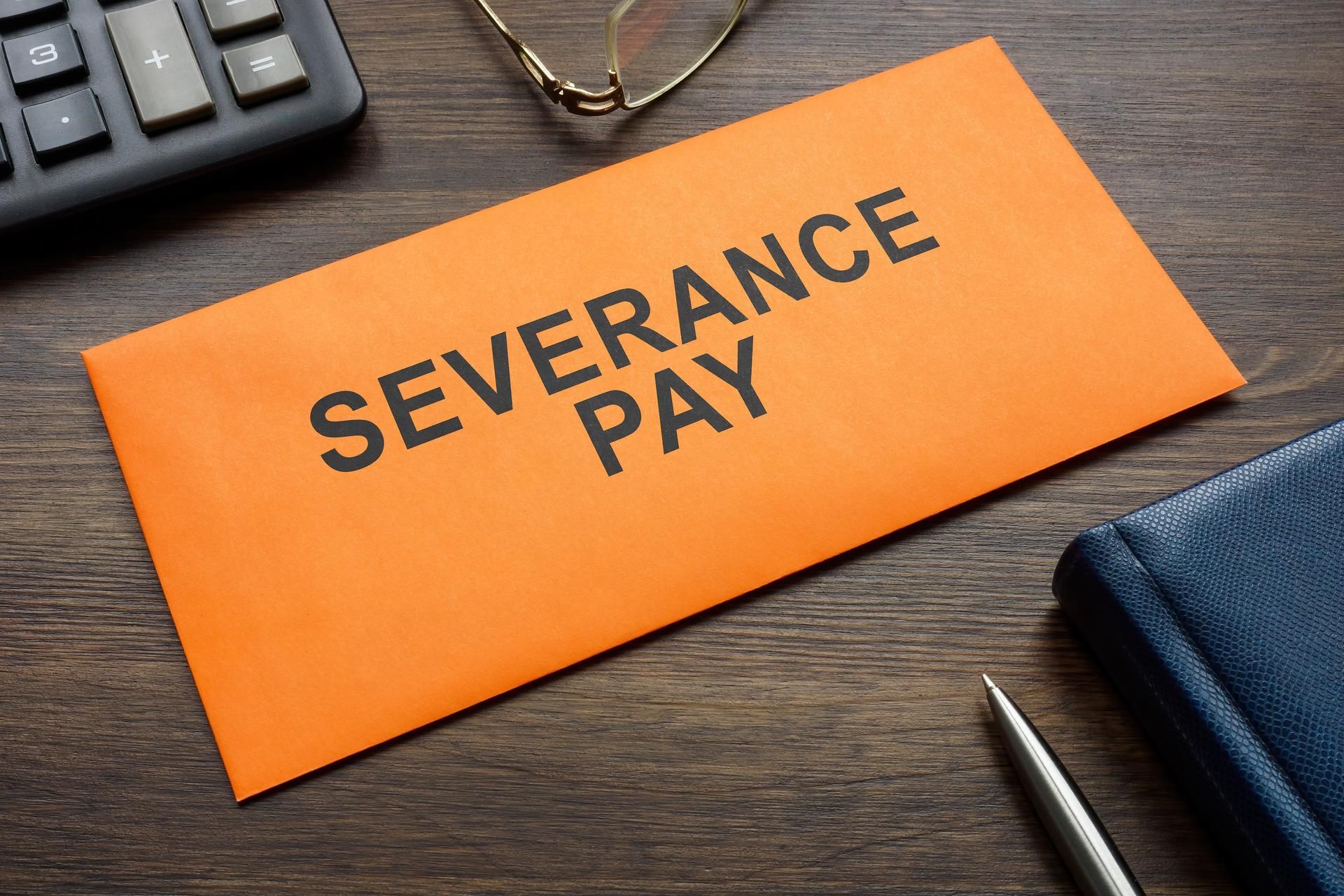When Work Turns Sour: Hostile Vs. Unpleasant Workplaces

We've all had those tough days at work—a heated disagreement with a colleague, a missed deadline, or perhaps a challenging client. But when do these isolated incidents cross the line into a hostile work environment? It is crucial to understand the difference between a workplace that is merely unpleasant and one that is legally considered hostile.
Defining a Hostile Work Environment
A hostile work environment is not just a place where coworkers aren't friendly or where management is tough. Legally, it is an environment where discriminatory behavior is so severe and pervasive that it affects a person's ability to perform their job. Key characteristics include:
- Discrimination. This involves harassment or mistreatment stemming from someone's race, gender, age, religion, disability, or other protected factors. Such behavior targets individuals based on these inherent traits, leading to unjust treatment.
- Severity. It's not about a single, isolated event. The discriminatory behavior is repetitive, intense, and so profound that it changes the standard employment conditions, resulting in a toxic workplace. (However, one single event such as a sexual assault may override the requirement of repetitive behavior).
- Unwanted Advances. In some workplaces, employees might experience unwelcome or inappropriate advances, comments, or even physical contact. This behavior, especially if it is persistent, can be a strong indicator of a hostile environment.
For a situation to be legally considered a hostile work environment, the actions or behavior must be both severe and persistent. A one-off joke or comment, while inappropriate, may not necessarily create a hostile environment.
Understanding an Unpleasant Workplace
On the other hand, an unpleasant workplace is one where general negativity prevails, but not necessarily due to discriminatory behavior. It might stem from stringent management practices, frequent conflicts, or just a lack of team spirit. Signs include:
- Strict Management. Some managers maintain high standards and often offer critiques. While they might be challenging to work with, their behavior doesn't necessarily amount to harassment.
- Cliques and Exclusion. In some offices, groups naturally form, creating inner circles. This can leave others feeling left out or sidelined in workplace dynamics.
- High Stress Levels. The workplace might be filled with back-to-back tasks, looming deadlines, or intense projects. Such environments can induce stress, even if the pressure is not personal.
While such workplaces are stressful and challenging, they do not necessarily break the law unless they cross into harassment or discrimination.
Knowing Why the Distinction Matters
Understanding the difference between a hostile and an unpleasant work environment is crucial because it dictates the legal recourse available. A hostile environment, being a breach of employee rights, can be grounds for lawsuits, offering protection to victims.
An unpleasant workplace, on the other hand, may be a sign that it is time to look for a new job or seek internal resolution, but might not offer legal remedies.
Navigating a Difficult Workplace
If you find yourself in a challenging work environment, consider the following steps:
- Open Communication. Address concerns with superiors or HR. This can lead to internal solutions, but know that only complaints of discriminatory hostile work environments are protected by anti-retaliation statutes.
- Document Incidents. Whether it is discrimination or just negative behavior, keep records of dates, times, and the nature of the events.
- Seek External Support. This could be in the form of therapy, counseling, or legal advice, depending on the severity and nature of your situation.
Armed with these tips, you can confidently navigate challenging workplace dynamics and advocate for a healthier, more positive work environment.
Advocating For a Safe Work Environment
Everyone deserves a workplace where they feel safe and respected. By understanding the difference between hostile and unpleasant environments, employees can better advocate for their rights and well-being.
Are you navigating a challenging work situation and need legal advice? Reach out to Allen D. Arnold Attorney at Law to ensure your rights are protected and respected.
Alabama Rules of Professional Conduct Notice: No Representation is made that the quality of legal services offered is greater than that of other lawyers. The information contained on this website is not a substitute for legal advice, and reading it does not create an attorney-client relationship.









